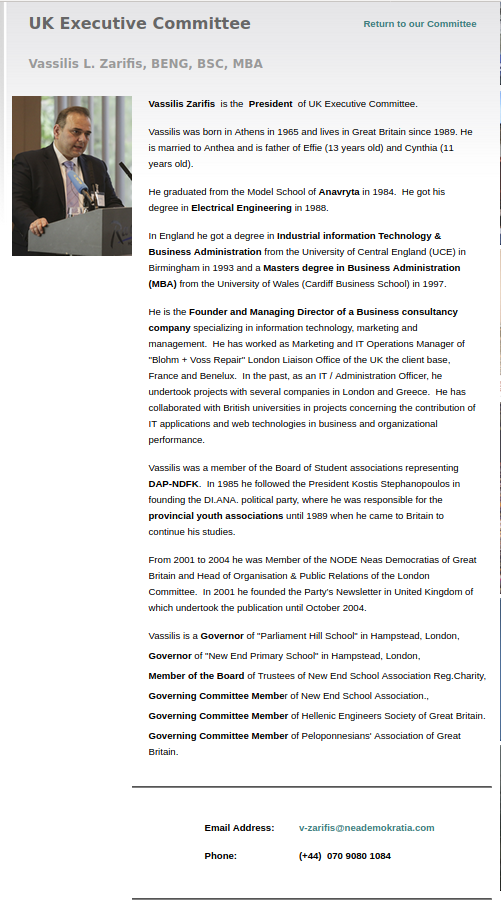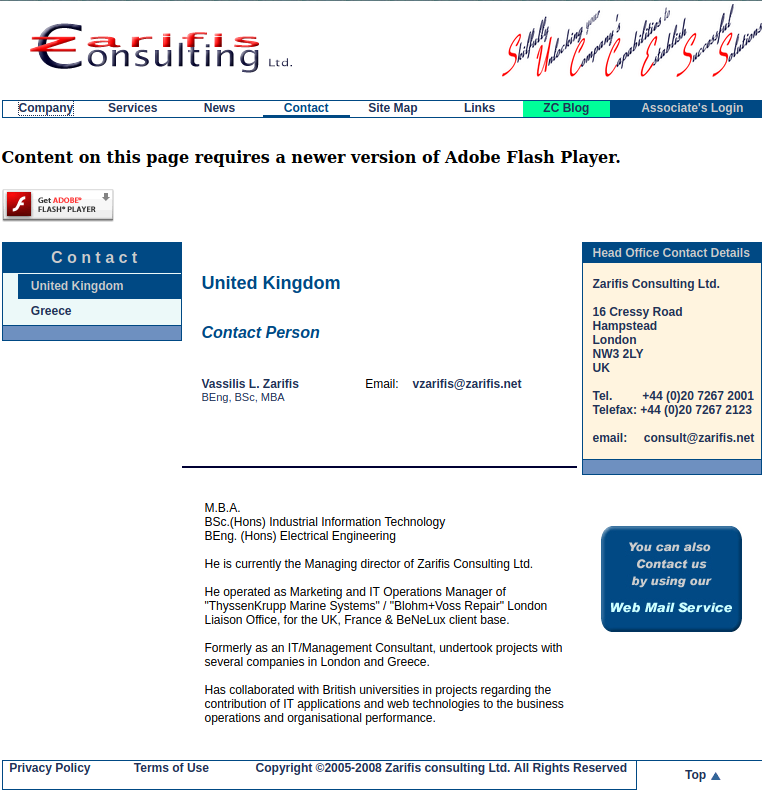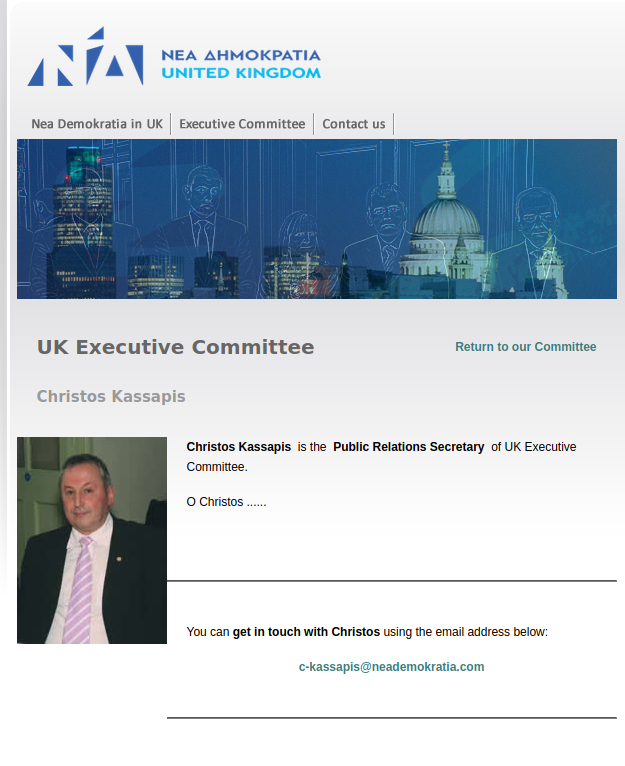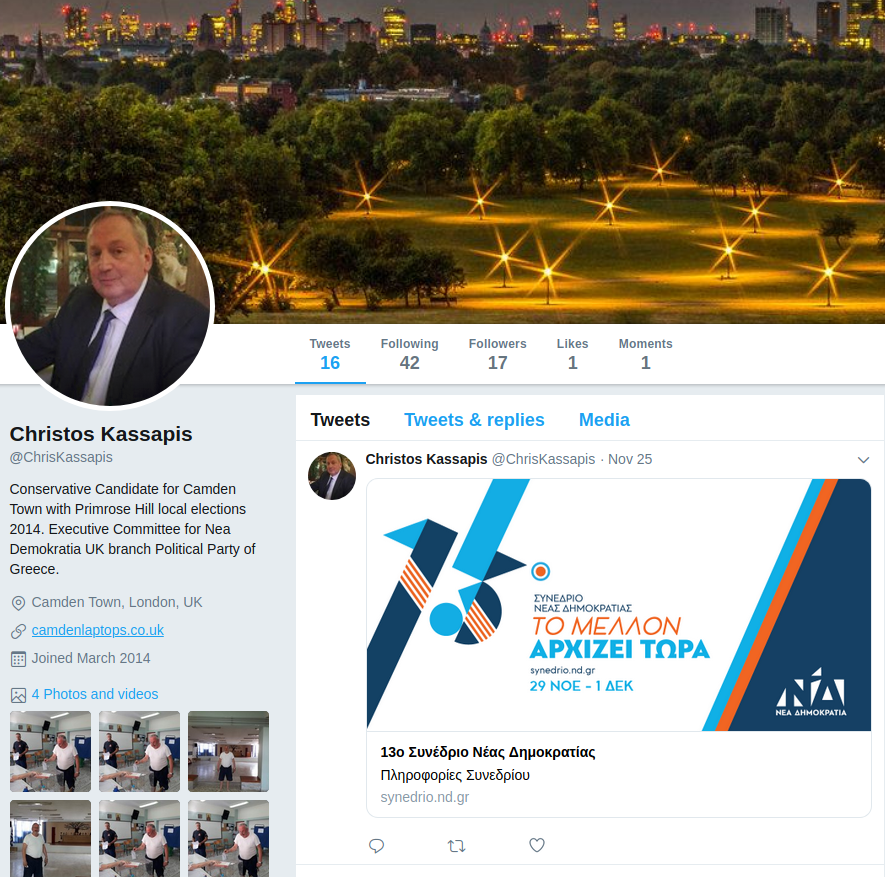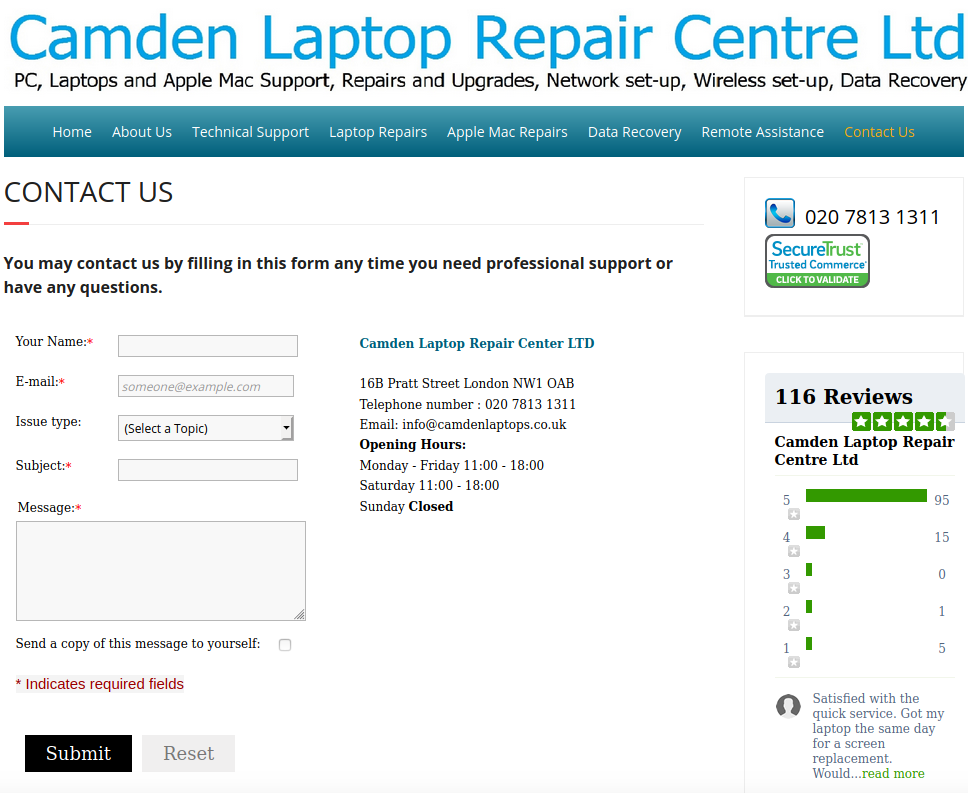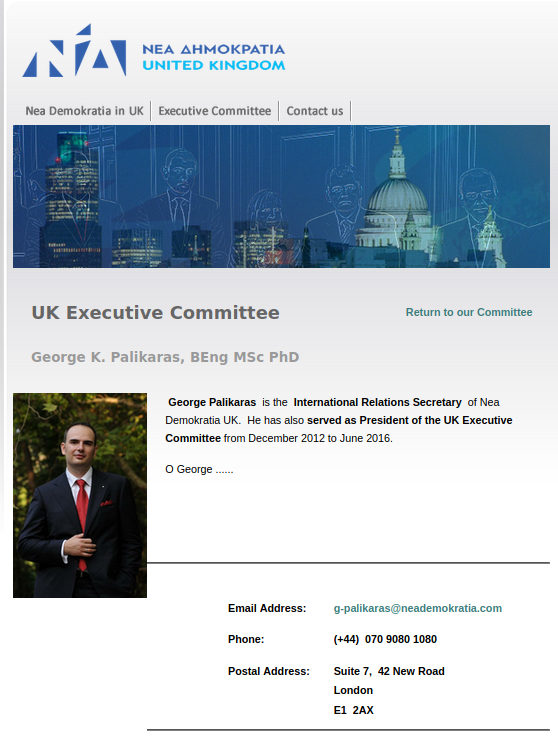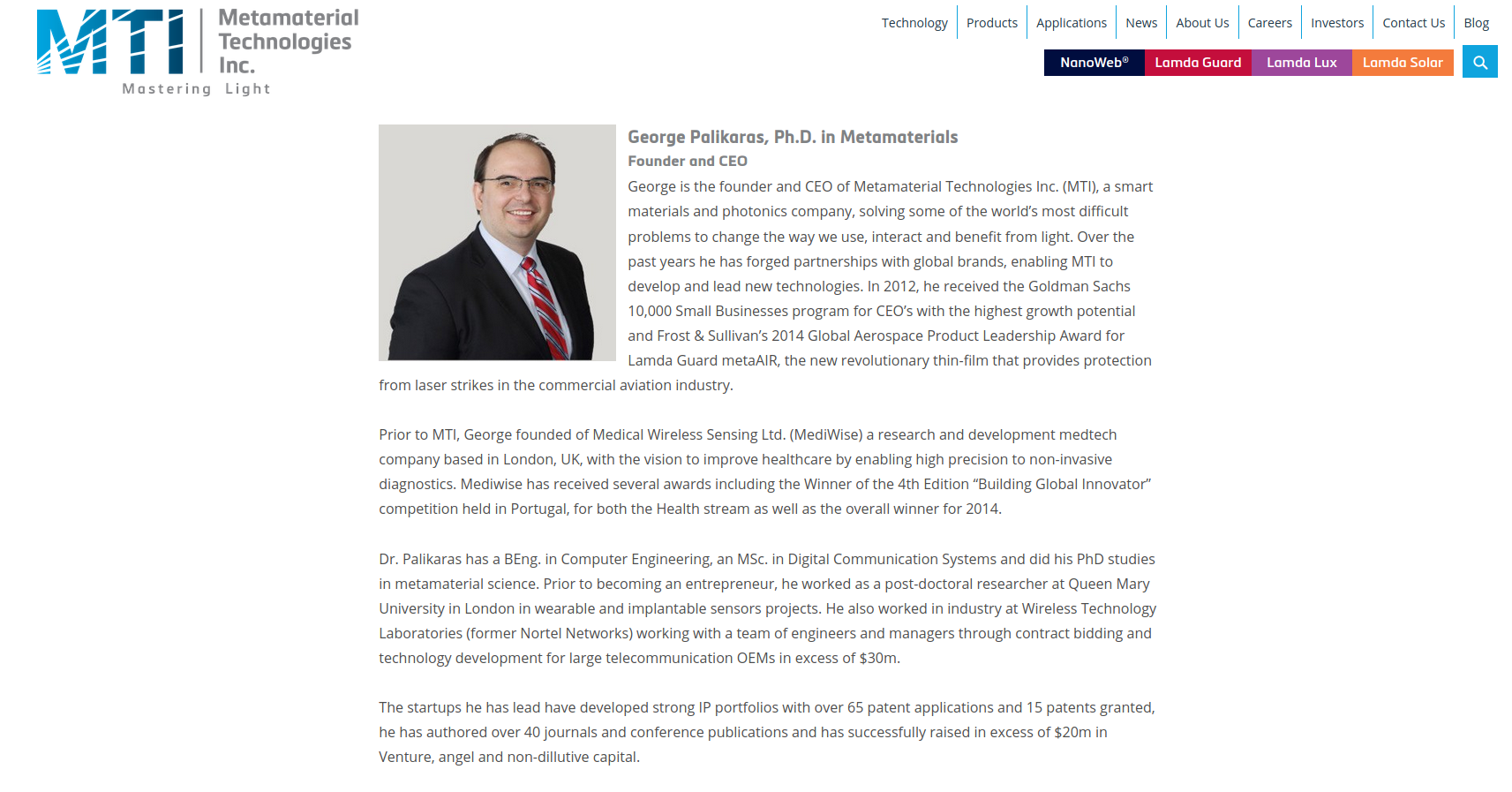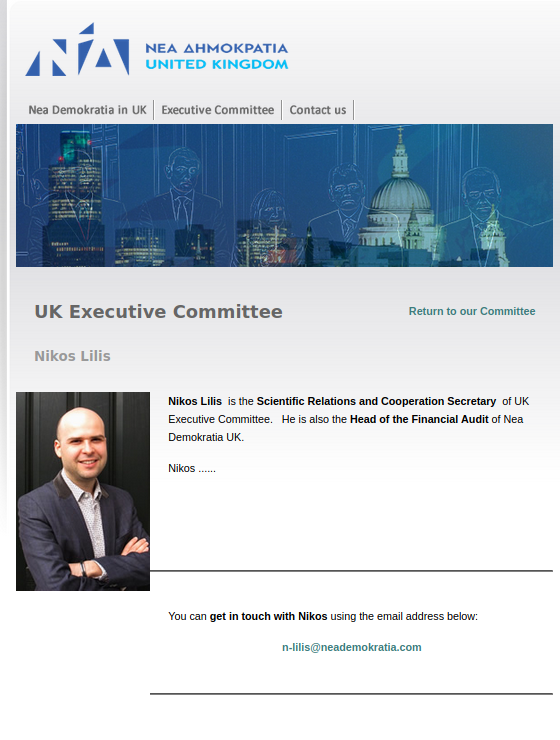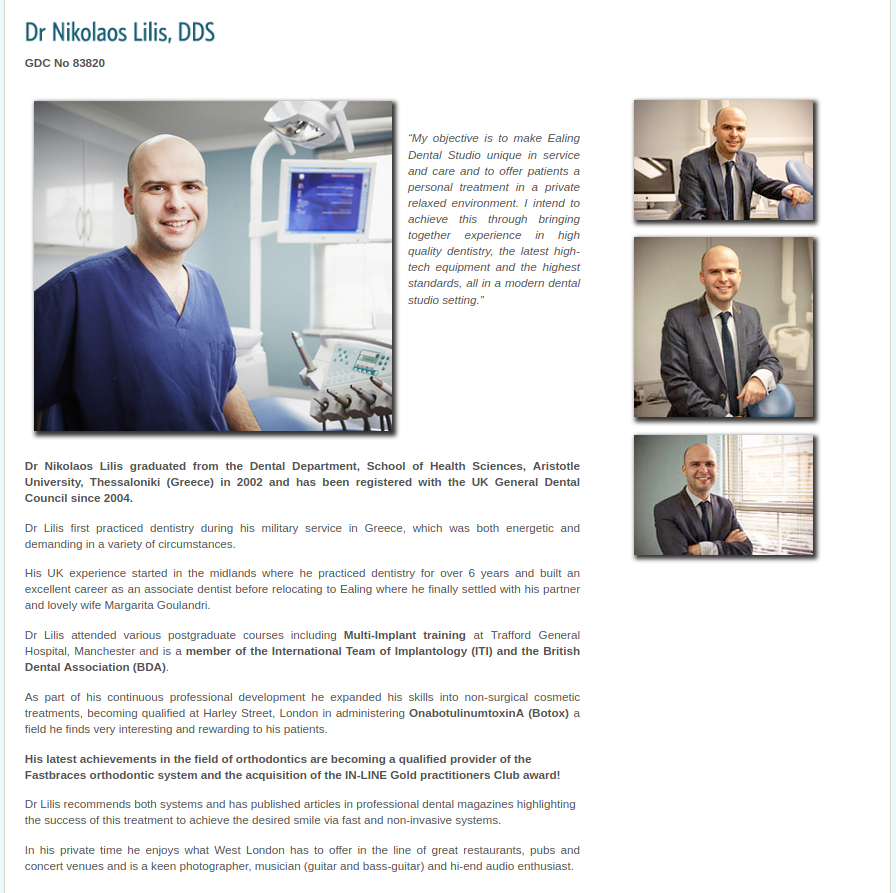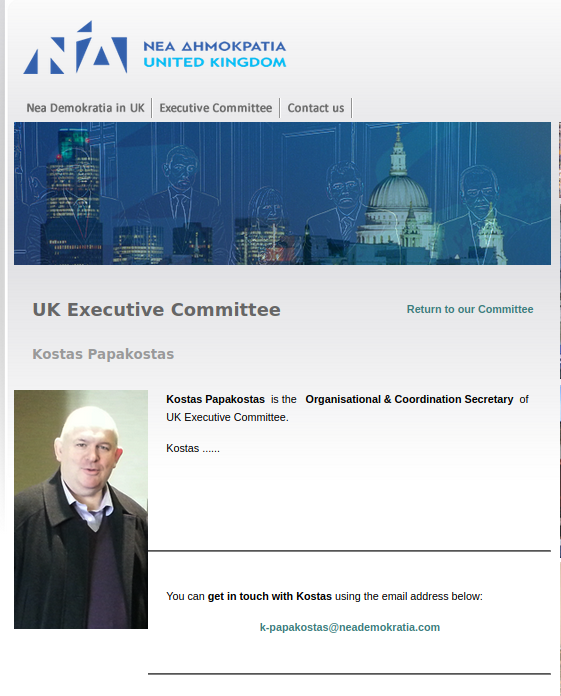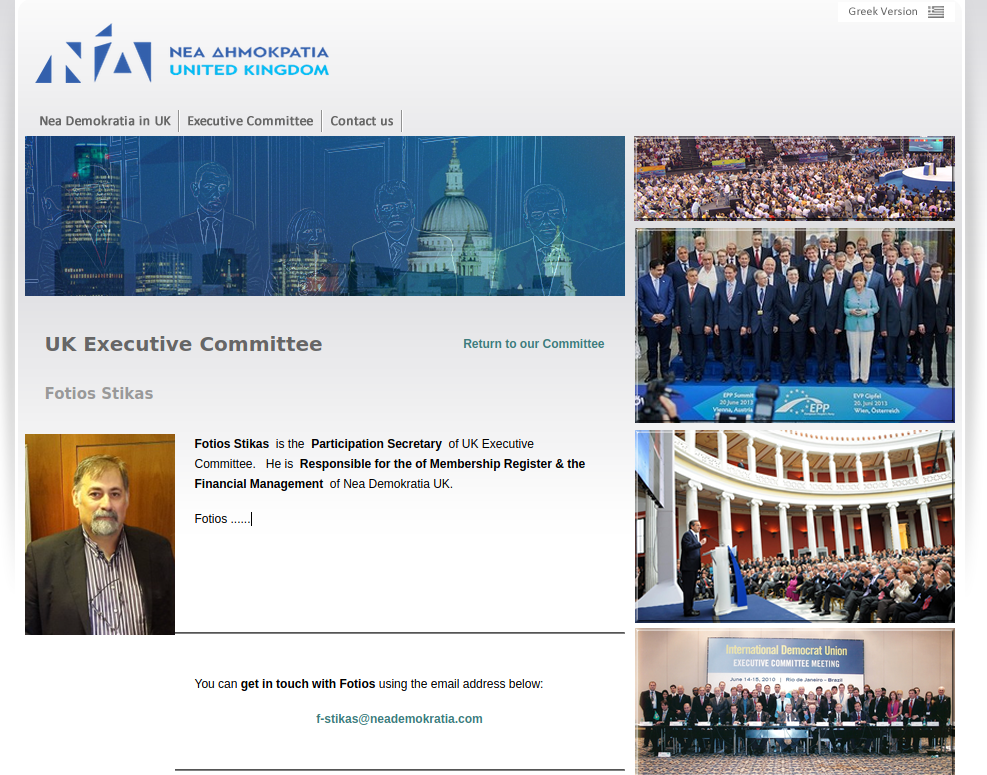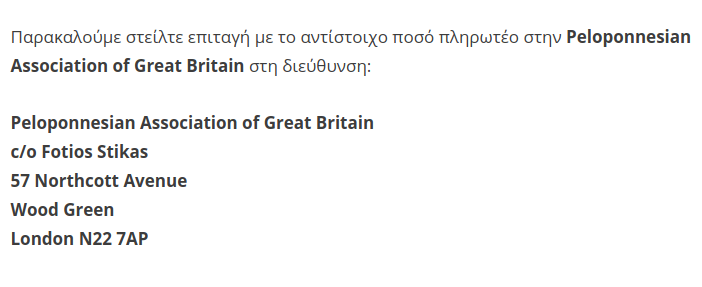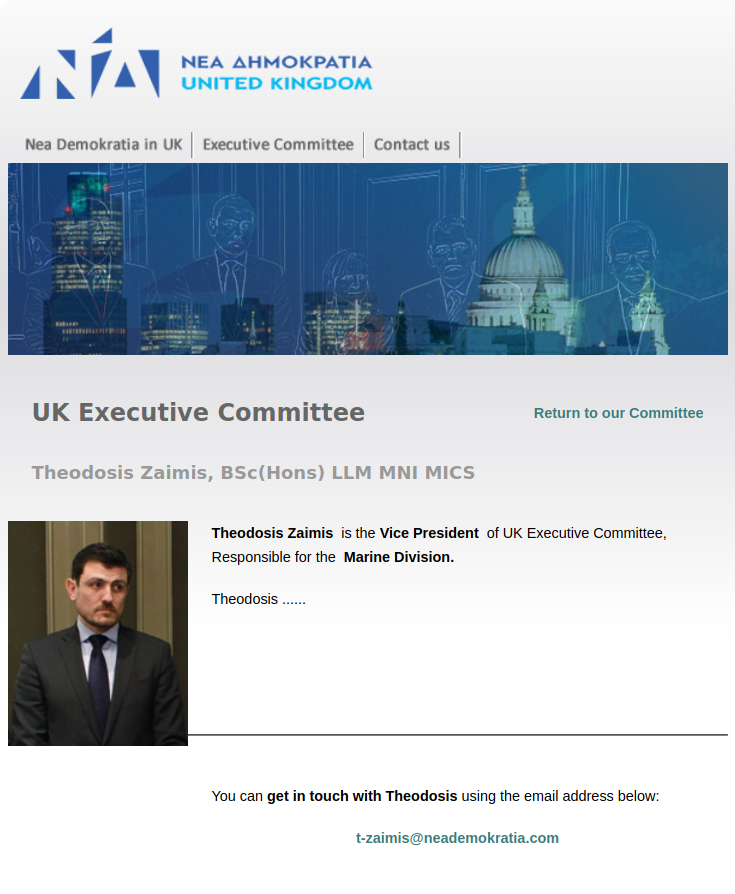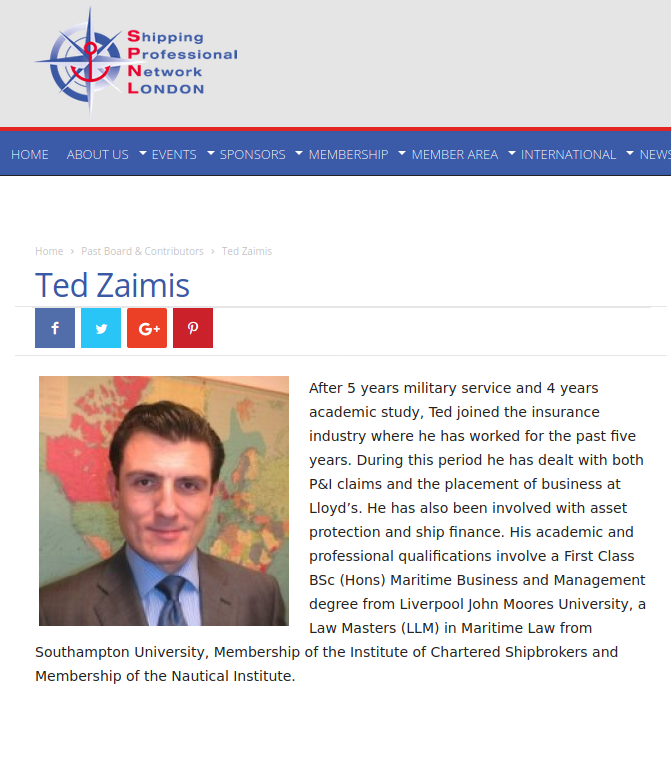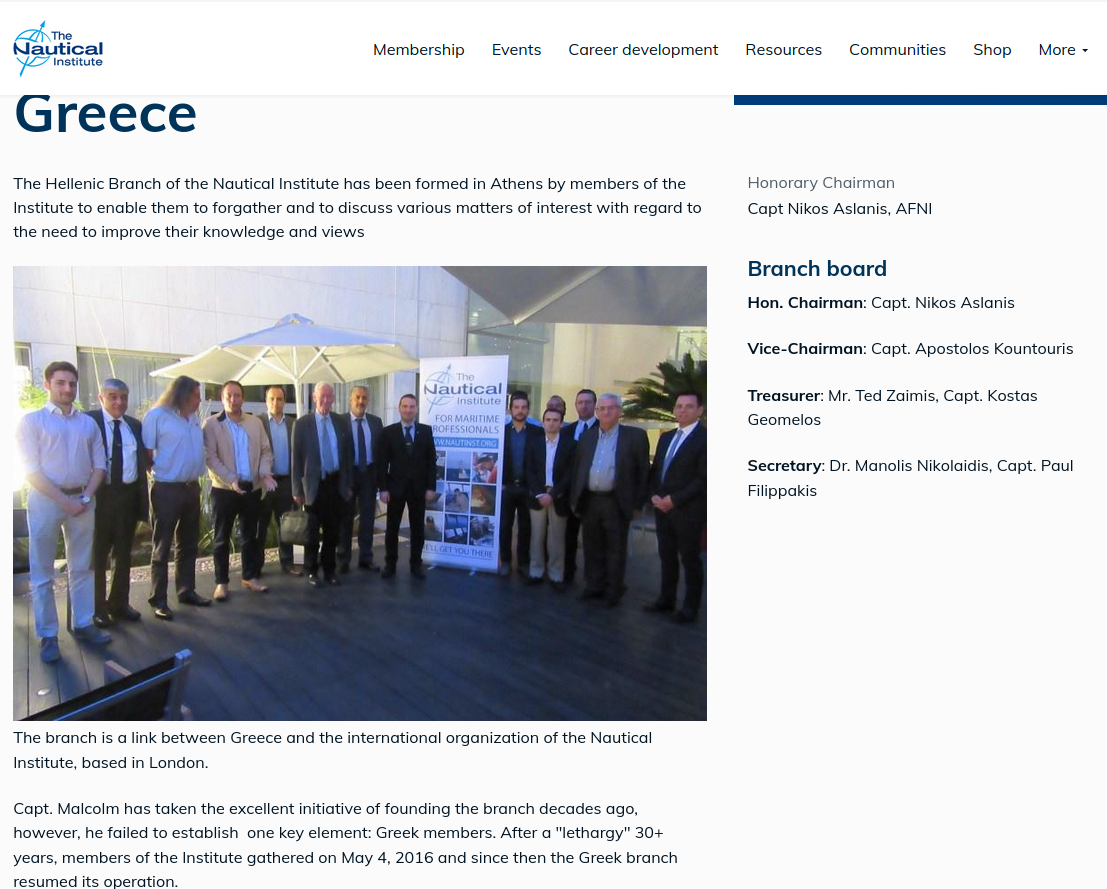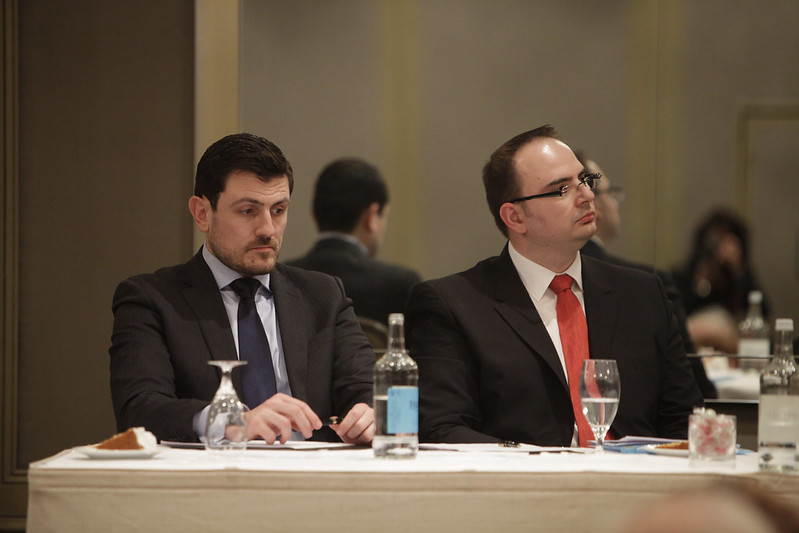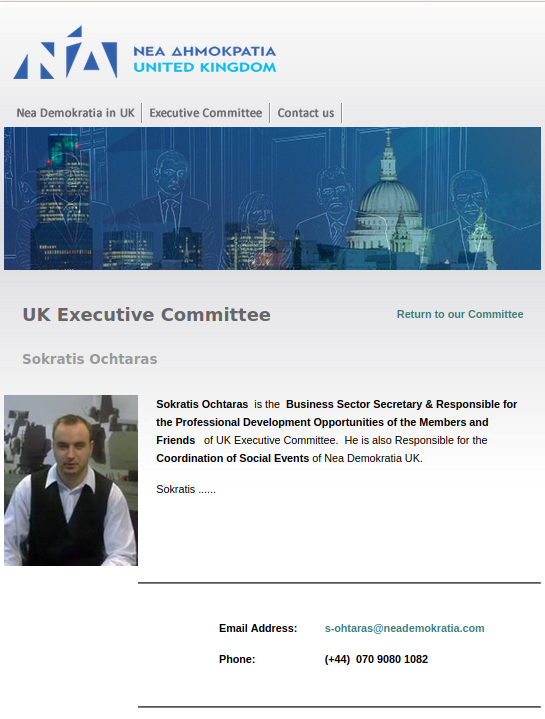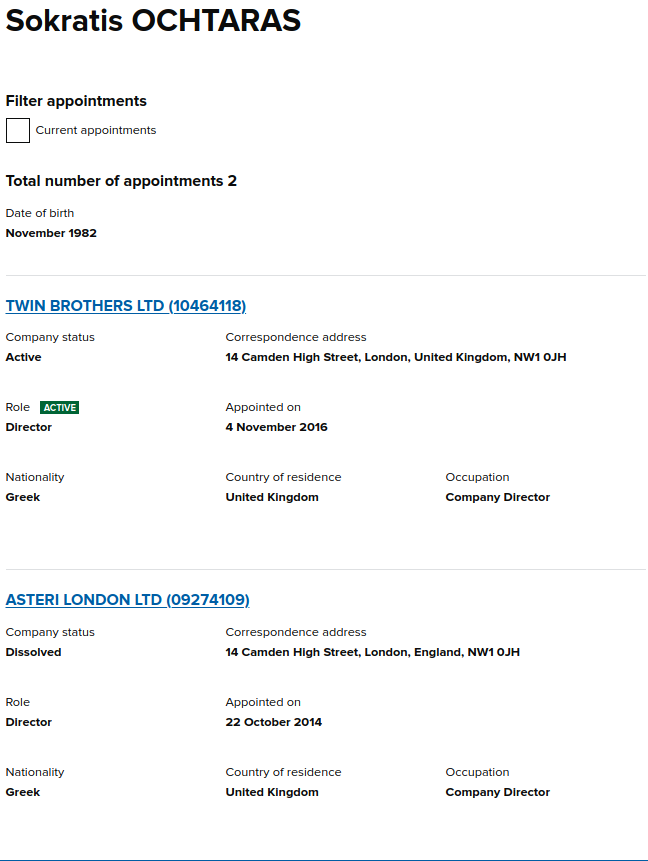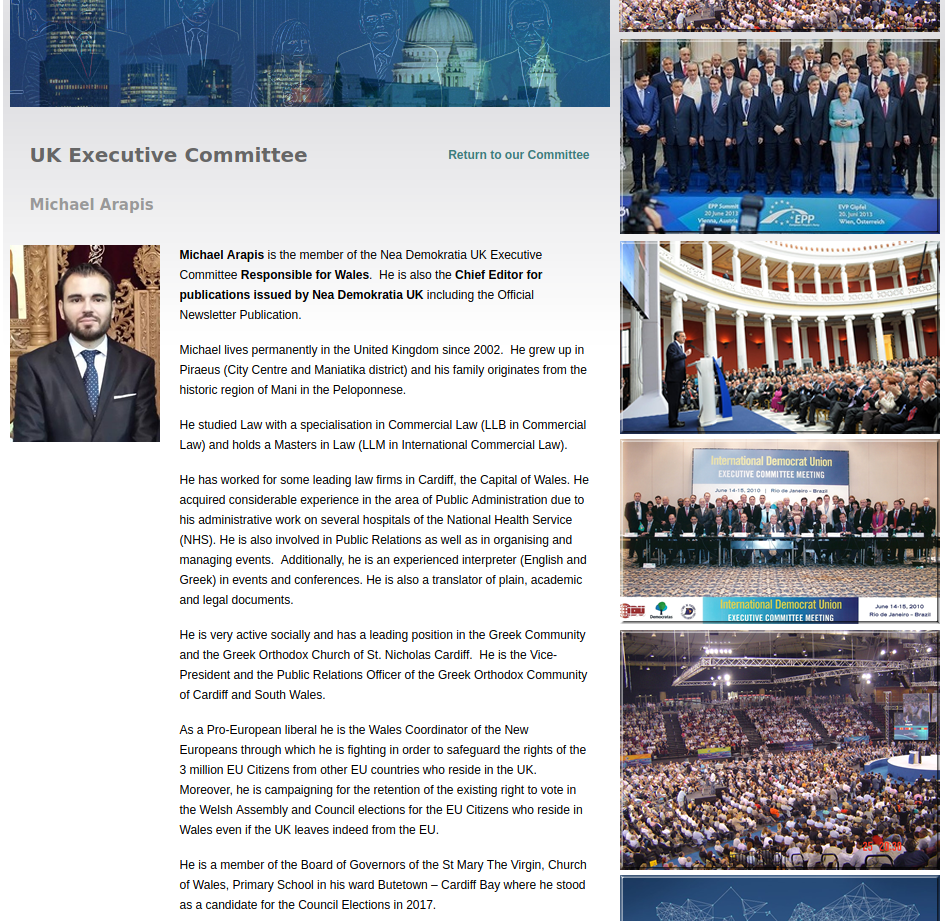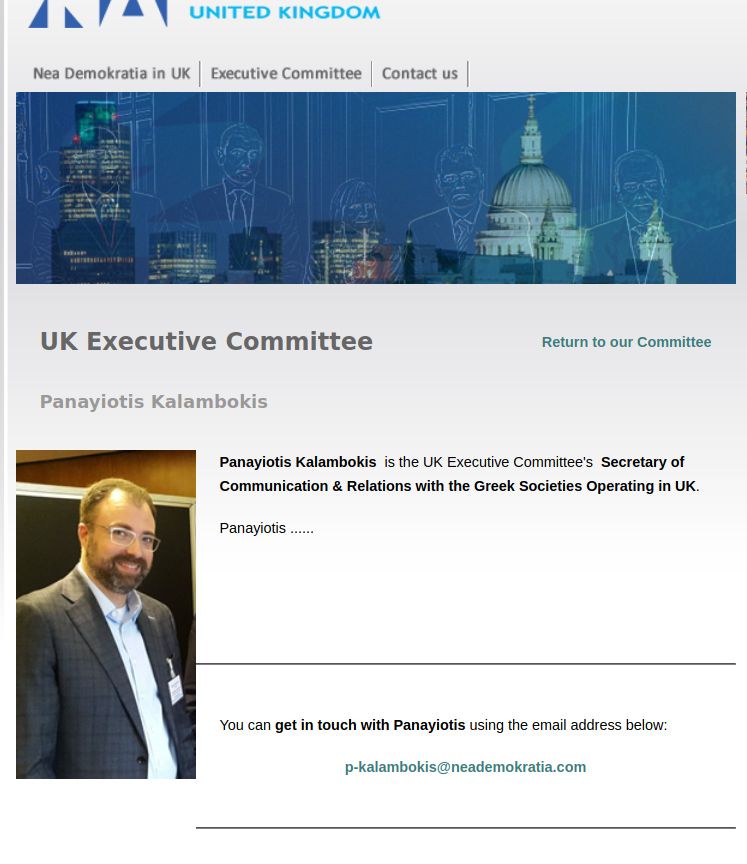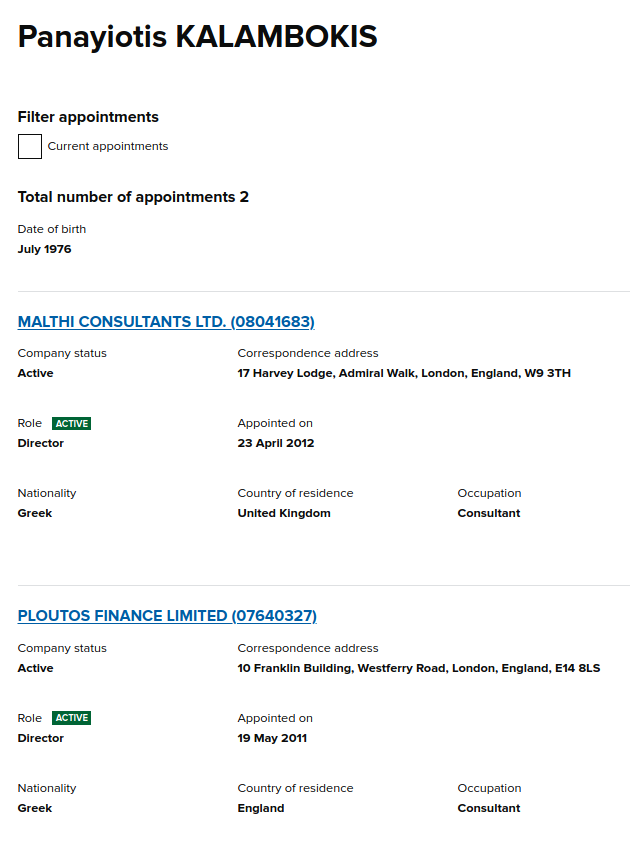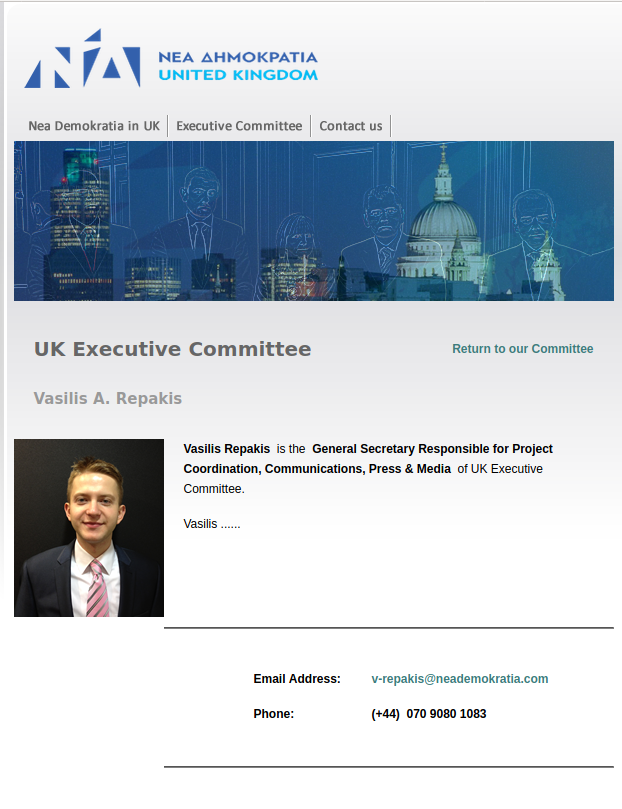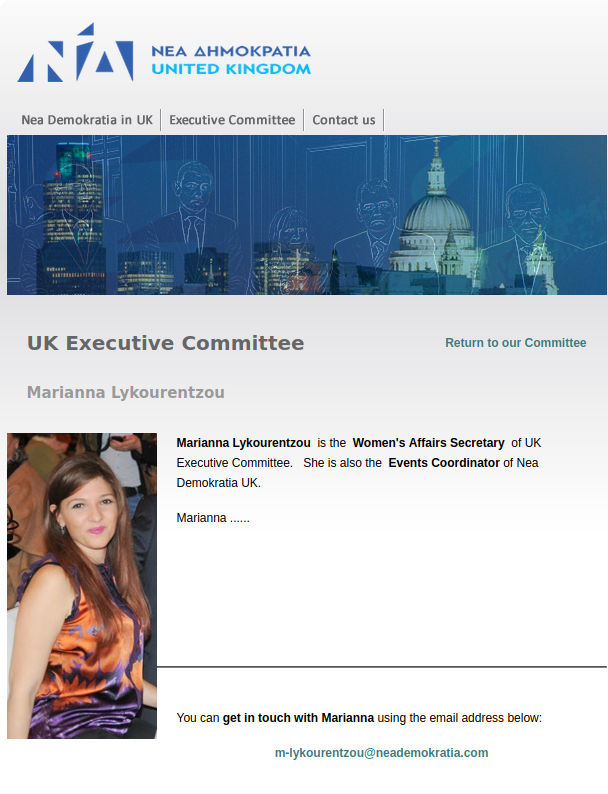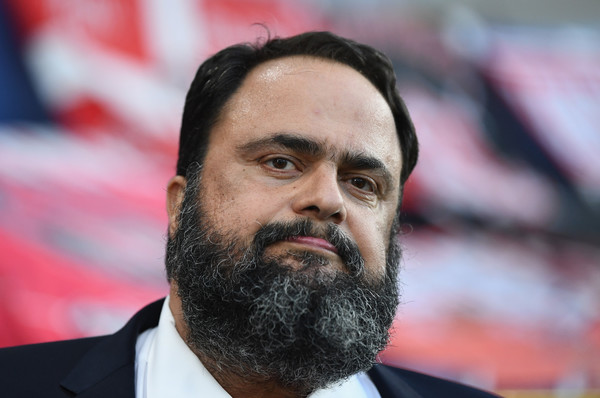
Crime. Drugs. Terrorism. These are some of the foes Greece’s recently-elected New Democracy (ND) government claims to be fighting in its war on the insubordinate Athens neighbourhood of Exarchia. The Greek media, concentrated in the hands of oligarchs[1], churn out a constant stream of scare stories about the Athens neighbourhood, home to anarchists, migrants, and other social misfits. Many of these focus on the drugs, primarily cannabis, sold and used there.[2][3][4]
It’s never hard to point out the cracks in state propaganda, but in this case they’re gaping wide. While the police sweep on petty skunk dealers in Exarchia, a blind eye is turned to the man alleged to be Greece’s biggest ever heroin trafficker: Vangelis Marinakis, close personal friend of the ruling Mitsotakis dynasty[5], owner of Greece’s biggest football club Olimpiakos — and now of a slightly less high-flying team over in Nottingham.
The case of Vangelis Marinakis
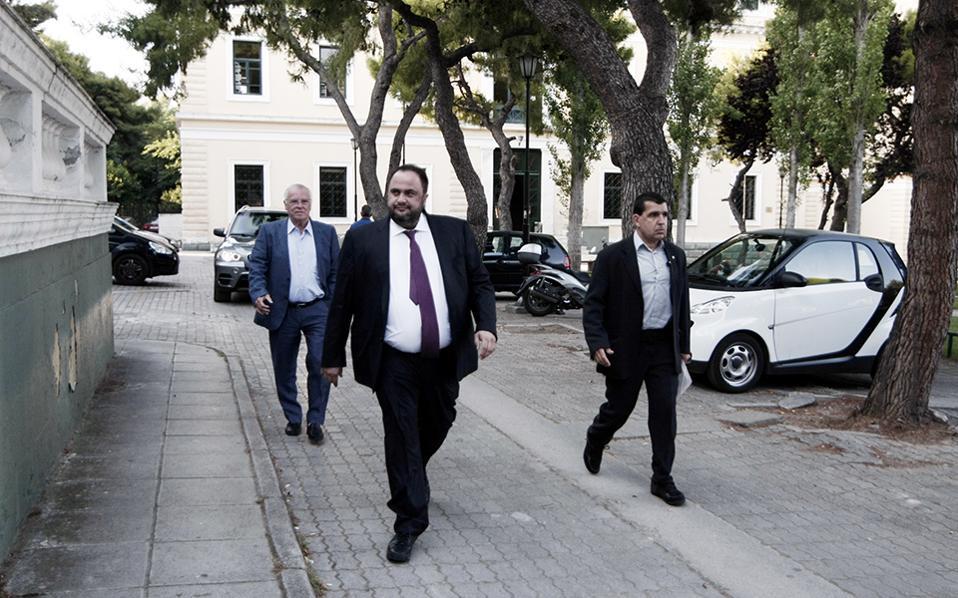
Vangelis Marinakis is a businessman and politician hailing from the port city of Pireaus [6], on the outskirts of Athens. Like many a Greek multi-millionaire, he made his fortune in the shipping industry, having greatly expanded the company inherited from his father.[7] However, his domain now extends into the realms of sport, media and politics; three key areas an ambitious individual might need stakes in if they were inclined to influence public opinion. Crucially, he is owner of Olympiakos FC[8], Greece’s most popular and successful football club, also based in Pireaus. The club’s fan base is regarded as militantly loyal.
MARINAKIS’ PRIMARY BUSINESS VENTURES
→ Founder and head of The Capital Maritime Group, a group of shipping companies with a total fleet of 80 vessels [9], including 7 LNG tankers.[10]
→ Owner of Olympiakos football club since 2010.[11]
→ Majority owner of the UK’s Nottingham Forest football club since 2017. [12][13]
→ Owner of one of Greece’s largest and most influential media corporations, DOL Group. Through this he now owns several major newspapers (including the popular To Vima and Ta Nea), a leading news portal, in.gr, and some TV stations. [14] He also owns the biggest Greek press & book distribution agency, Argos.[15]
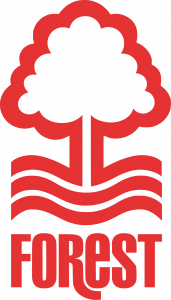
Nottingham Forest F.C.
Marinakis and the ruling New Democracy dynasty
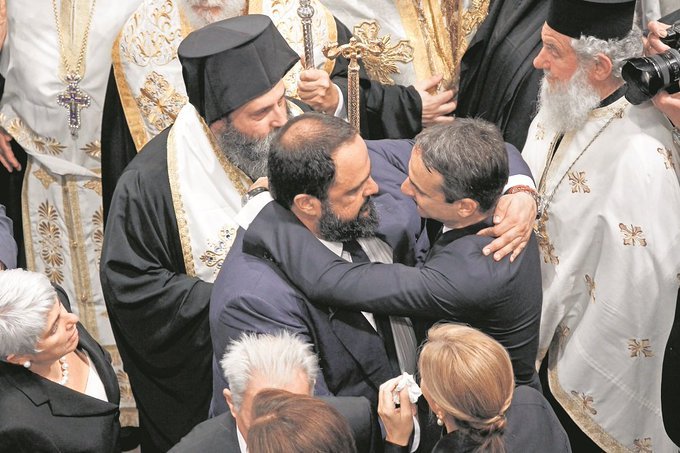
Marinakis & Mitsotakis sharing a hug
As with shipping and his involvement in Olympiakos, Marinakis also followed his father’s footsteps into politics, the latter having been an New Democracy (ND) member of parliament in the 80s.[16] In 2014, Marinakis was elected first member of Pireaus city council.[17] The huge Olympiakos fan base in Pireaus guaranteed his victory as an independent candidate and he has used his position to engage publicly in a number of charitable ventures.
However, Marinakis’ connection to politics goes beyond his role in Pireaus. He enjoys close familial and friendship ties with the governing elite, a relationship which goes back years before the incumbent Prime Minister’s accession to power.[18]
Here we need to take a breath before diving into the tangled world of Greek dynastic politics.The press describes Marinakis as a personal friend of the current ND prime minister, Kyriakos Mitsotakis.[19] Kyriakos is the son of Konstantinos Mitsotakis, who was prime minister back in 1990-93. Kyriakos’ sister (so Konstantinos’ daughter) is Dora Bakoyannis, also a politician: she has been Mayor of Athens, and Foreign Minister.
One clear sign of Marinakis’ closeness to the first family is that he featured as best man at Dora Bakoyannis’ wedding.[20] Another is that Dora is the godmother of Marinakis’ son.[21]
To name just one more twist on the family saga, Dora Bakoyannis’ own son just happens to be the current ND Mayor of Athens.[22] His father, her first husband, who was also an MP, was assassinated by Marxist revolutionary group November 17.[23] Bad blood between this family and leftists, revolutionaries and anarchists inevitably runs deep.
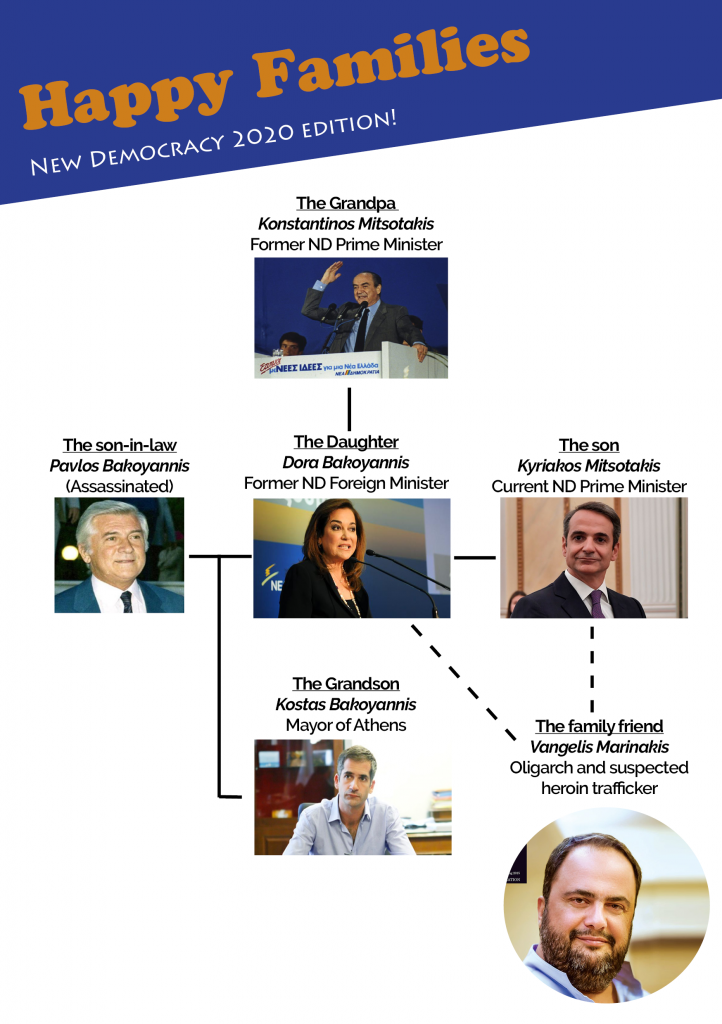
Corruption Allegations
Marinakis has been mired in numerous criminal accusations and corruption allegations over the years, yet the man is popularly regarded as untouchable. He has been accused of creating a criminal organisation, being part of a multi-national match-fixing network, extortion, bribery, violating the law on explosives, and involvement in drugs trafficking [24]. Court cases rumble on, but so far none of the charges has stuck.
The drugs trafficking relates to the seizure of 2.1 tonnes of heroin [25] – the largest consignment then found in Europe – on the outskirts in Athens in 2014, which is believed to have been imported by a cargo ship named the Noor One.[26] The case has since involved dozens of suspects, the murders of witnesses[27], and threats to prosecutors.[28] But there has still been no trial.
In 2018, four years after the seizure, preliminary charges were brought against Marinakis in relation to financing the Noor One. [29] Under Greek law, a judge must recommend to a public prosecutor as to whether or not a case should be pursued.
As for the preliminary investigation into the match-fixing and criminal organisation allegations, the evidence strongly suggests that Marinakis, a major football club owner, was involved in the selection and intimidation of referees. 100 pages of transcripts of recorded phone conversations describe how:
“…the president and close collaborators of Olympiakos… approached and sought to manipulate in order to serve their interests, police officers, judges, politicians and other powerful individuals of the country, some of whom they hired in important positions in the football club following their departure from key positions they held in the public sector.”[30]
Documents from the preliminary investigation include statements by people who say that they were subjected to ‘campaigns of intimidation’ by people associated with Olympiacos club[31]. One FIFA referee testified that he was pressured into allowing Olympiakos to win the game, but resisted this intimidation.
It is reported that after Olympiakos’ defeat, a bakery owned by the same referee was first vandalized, and later firebombed by unknown attackers [32].
OVERVIEW OF MARINAKIS’ KNOWN LEGAL DISPUTES
→ 2015: Marinakis accused of match fixing and was ultimately acquitted[33]
→ 2018: Preliminary charges in connection with heroin trafficking[34]
→ 2019: It is announced he will stand trial on allegations of match-fixing and forming a criminal enterprise. [35]
Why does Marinakis matter?
Marinakis, along with other dynastic oligarchs, wields great power in Greece through his interlinked roles in business, sport, politics and media.
But a quick glimpse at this character gives the lie to the government’s rhetoric of “law and order”. Yes, every now and then they send in cops to round up petty skunk dealers in Exarchia square — or, just as likely, to evict a migrant squat housing small children. But the big men at the top are another matter.
Hard drugs are indeed a visible problem in many parts of Athens, for which there are numerous reasons. We can start with the financial crisis and widespread poverty in the country, the prohibitive asylum regime that leaves many migrants destitute and hopeless, and Athens’ strategic location as a gateway to Europe. And we can certainly add the powerful mafia networks involved in trafficking millions of Euros worth of deadly drugs.
Meanwhile, with the support of the mainstream media, the government has launched a new attack on the historic alternative neighbourhood of Exarchia. It set a deadline, which expired on 5th December, for all squats – some decades-old – to evacuate or anticipate eviction. Over the past few months, it has already evicted a dozen squats and subjected the area to a permanent quasi-military occupation.
Among the spaces that were evicted were numerous grassroots initiatives housing hundreds of refugees, who were then bussed off to squalid camps, or simply dropped in the middle of nowhere. The permanent presence of armed police in full riot gear and balaclavas stationed around the perimeter of the neighbourhood is designed to instill fear. Indeed there are numerous reports of police brutality and torture experienced by residents and visitors to the neighbourhood over the past few months. [36][37][38][39][40]
New Democracy’s attempts to crush the spirit of Exarchia is being met with resistance, from regular demonstrations and rallies to riots and direct action.
But it’s not enough just to win some battles on the streets. Beneath the street fights lie the propaganda war. The ND regime is fighting to impose its vision of “normality”: a white, christian, conformist, low wage consumer society. While to distract from the misery of the daily grind in post-crisis Greece, they need to turn people’s rage onto migrants, anarchists, and any other outsiders who can’t or won’t fit the mold.
In this propaganda war the media oligarchs have a clear advantage. But we need to keep exposing the reality of the Mafia State. And countering their bleak vision of “normality” with living alternatives.
What can you do from abroad?
→ Amplify the voices of resistance, share information about what’s going on in Exarchia and more widely in Greece.
→ If you’re a fan of Nottingham Forest, stand up against Marinakis. Here are a few ideas (41) (42)
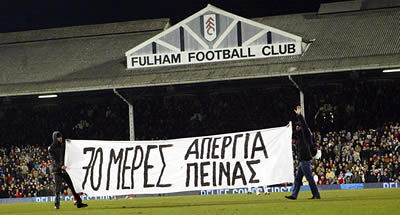
Pitch invasion in solidarity with imprisoned hunger strikers during game in London in 2007
→ Take solidarity action against the Greek mafia state and its oligarch friends. Check out upcoming university events or conferences that might involve visiting Greek politicians or businessmen and organise an intervention.

